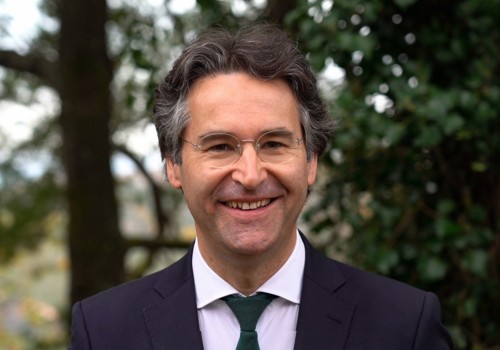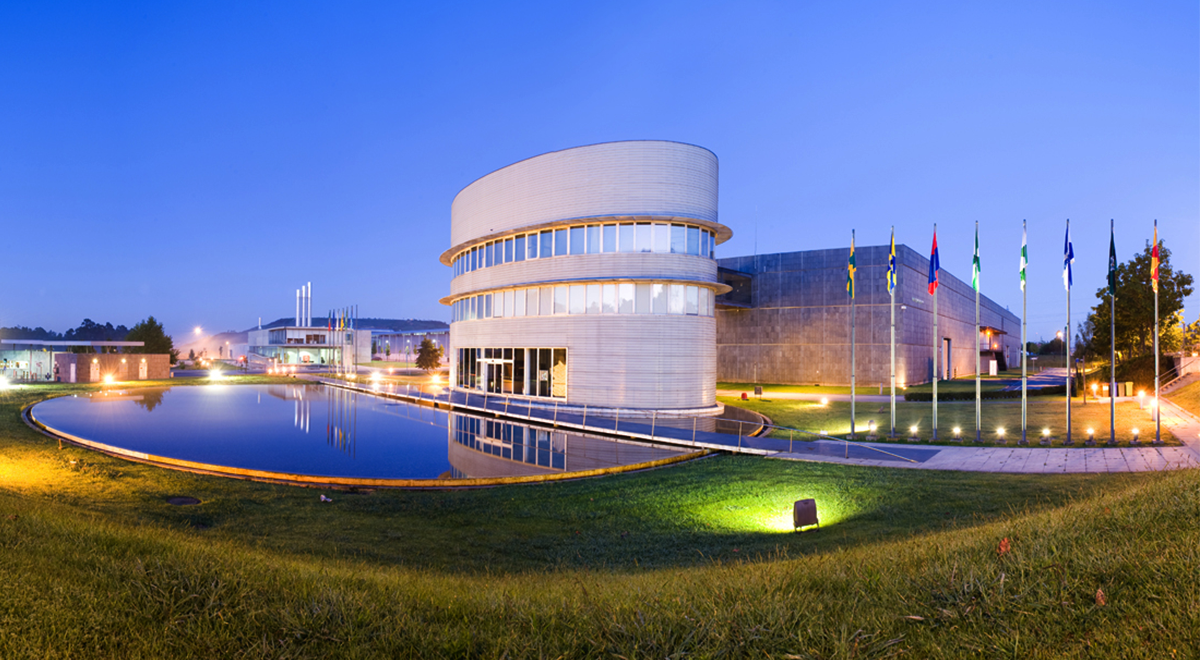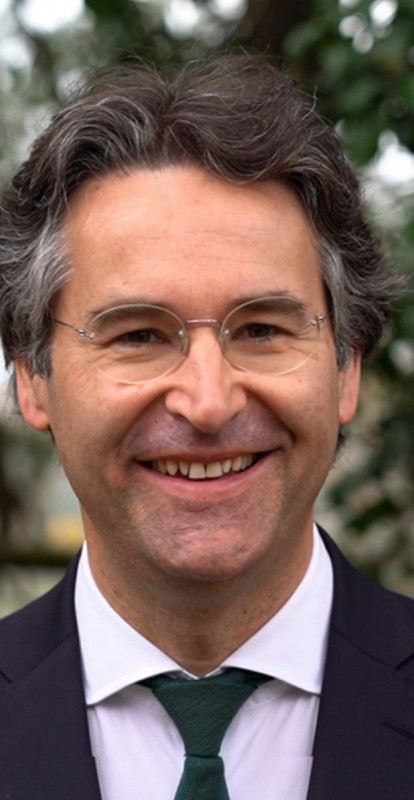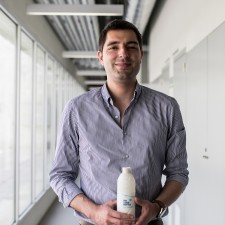
News
"We Are Facing an Industrial Revolution"
In exclusive for Fibrenamics, José Manuel Ribeiro, LIPOR's Chairman of the Board of Directors answer several questions about the potentiality of waste and product circularity, generated by several industrial sectors.
1. According to the European Commission, the New Action Plan for the Circular Economy is an important step towards achieving the goal of climate neutrality by 2050. Are we facing a new industrial revolution?
The point is that we must be facing a new industrial revolution. The usual, and still prevailing, patterns of development are not compatible with a society that claims to be sustainable, with resource-efficient industries, and with governments that claim to be inclusive, "leaving no one behind". A development based on the principles of a Circular Economy, on one hand, excludes waste and pollution production and on the other hand, aims at keeping materials in the production cycle for a longer time.
2. The same plan will affect the following sectors: electronics and ICT, batteries and vehicles, packaging, plastics, textiles, construction and buildings, and, finally, food. In the case of the manufacturing industry, do you think that the change from using virgin raw material to recycled material may contribute directly to the increase in the cost of operation and, consequently, decrease the competitiveness of national companies in both domestic and foreign markets?
The goal is precisely the opposite, that the use of recycled materials can be a factor of competitiveness for companies, while also contributing to a lower dependence and substitution of the use of primary materials and a decrease in greenhouse gas emissions. We already have many good examples of businesses that were created based on the recovery of waste and its incorporation into products, but also companies that have diversified their portfolio of products and services. We know companies that started to sell services instead of their products and others that bet on reuse and repair practices, projecting the extension of the life cycle.
 Figure 1 - Lipor facilities.
Figure 1 - Lipor facilities.
3. What are the main challenges that the companies put to LIPOR, regarding waste management?
LIPOR's main challenge is to continue our journey towards the achievement of our mission: "To transform waste into new resources by implementing innovative and circular practices, generating and sharing value". By doing this, we consolidate a positioning that is reflected by the creation of value throughout the whole production cycle, based on the view of "waste" as a "resource". This approach, as well as the circularity practices implemented, enables LIPOR to foster continuous material cycles.
But we still want to go further: we have developed our activity from a waste manager to a resource manager and, more recently, we have rethought our business model to a product producer.
4. How do you think universities and research centers in Portugal can help companies achieve climate neutrality by 2050?
Universities and research centers are already doing their part, by investing in the search for cleaner solutions; by resorting to methods that allow the introduction of more sustainable solutions; by testing the effectiveness of the use of alternative materials; the examples are endless. Basically, it is helping to close the loop. It is this approach between universities and research centers and companies that have been strengthened and that brings multiple benefits for both.
A great contribution that can be made is related to strengthening the curriculum of the young people by providing relevant skills to support the public and private sectors in the transition to a more circular and carbon-neutral economy.
Did you like this article? Join the Fibrenamics community by registering here.


